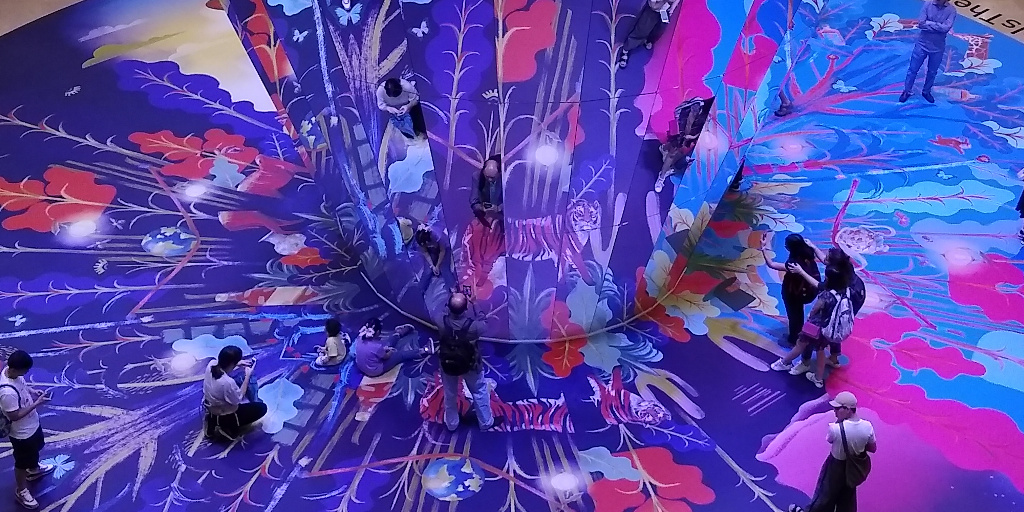I wanted to know whether a chat AI like ChatGPT would help my students and me improve scientific writing (not every Ph.D. student is born with superior language skills). So I asked.

I then gave it a simple paragraph from a recent paper of ours that could have been written better, and lo and behold, the AI answered and improved the writing.

If we take OpenAI / ChatGPT at face value, we should be allowed to use such rewritten paragraphs (or larger texts) in scientific publications, at least from a copyright perspective. (Whether this will hold in the courts, is a different question, and I guess OpenAI will join Microsoft as a defendant sooner or later.)
Morally, this is a different question. However, given the support Grammarly has been receiving, and given that copyeditors don’t show up as authors, I suspect acknowledging help from a chat AI in an article’s acknowledgment section will be sufficient and won’t derail an article submitted for publication.
There is one more consequence to ponder: I liked the AIs rewritten paragraph better than the original. The rewritten paragraph uses active voice and flows much better. I suspect that a broad use of chat AIs or simply large language models in more specialized tooling will make writing more homogeneous.
Yay! to less incomprehensible passive voice, but Nay! to the lack of diversity in writing.
So again (see previous post), we are at the verge of having to learn new tools and how they can propel our abilities forward as assisting tools. Those who can’t handle such heavy machinery well are likely to fall behind and those who can will find their powers augmented significantly.








Leave a Reply